Review:The baptism of the Holy Spirit (Parable of vineyard)
The Abrahamic religions, which is believed by 3.6 billion people, that is, 54% of the world's population, is said to be based on the covenant of Abraham, who is recognized as a major biblical figure of the Old Testament by Jews, Christians, Muslims and others, and God.
The followers of Judaism, which was born as the religion of the unity of the twelve tribes, each of whom is a descendant of Jacob, whose alias is Israel, consider that their spiritual identity is derived from Abraham as the first of the three "fathers" or biblical Patriarchs: Abraham, Isaac, and Jacob.
Most Christians, as gentiles, consider themselves as grafted into the family tree under the New Covenant and affirm Abraham as their spiritual ancestral origin.
Muslims see their Arabian founder Muhammad as a direct descendant of Abraham's eldest son Ishmael (Isaac's half-brother).
Although there are significant differences among their doctrines of Abrahamic religions, they all put the Old Testament account at the heart of their faith. However, recent archaeological discoveries revealed that many descriptions of the Old Testament originated from the ancient Sumerian mythology of Mesopotamia.
Babylonian flood legend
British archaeologist Austen Henry Layard unearthed the ruins of Nimrud, which had been built by King Ashurnasirpal II of Assyria in the 9th century BC, and collected 20,000 and several thousand cuneiform clay plates from the ruin of the King Ashurbanipal's Library in 1845.
27 years later in 1872, the British Museum's cuneiform researcher George Smith discovered a description of the Babylonian flood legend from one of clay plates of the King Ashurbanipal's Library. This flood legend, which closely resembles Noah's flood in the Old Testament, was later found to be a part of the Epic of Gilgamesh known as the 5th King of the 1st Dynasty of Uruk, the ancient Sumerian city-state.
Uruk dynasty, the oldest Sumerian dynasty, was established around 3500 BC after the disappearance of the Ubaid culture, which had flourished around 5500 BC-3800 BC based on irrigated agriculture, and of which name is originated from the Ubaid ruins located 6 km west of Ur. Since then until 2000 BC, Sumerian city states, such as Uruk, Eridu, Ur, Lagash, Shuruppak and Nippur, flourished.
Theocratic contract society and Amazing food production
In the center of each city had a brick tower called Ziggurat with a temple on top of it. The highest monk called Lugal served as its monarch who collected a tenth of the harvest as a tax and issued a receipt on each time. They also traded grain in the temples, created cuneiform letters to record these economic activities and adopted decimal and 60-decimal systems.
Sumerians developed advanced irrigated agriculture, raised livestock and brewed as many as 30 brands of beer. The yield of barley, their staple food, reached 70 to 80 times seed, thanks to the stripe seeding method and the invention of the necessary equipment. Incidentally, the harvest in Europe was about 10 times seed in the 18th century.
In Temenos, the center of Ur, there were the temple, the palace, government offices, textile factories and warehouses. In the textile factory, 95 women were working in a two-part system. Its account book contains the names of supervisors, skilled workers and unskilled workers, and the distribution amount of oil and fish to each of them. In addition, there was a protection system in place for the sick, widows and orphans. King Ur Nammu, the founder of the Third Ur dynasty, which reached its heyday in 2100 BC to 2000 BC, compiled "the Code of Ur - Nammu." Around this time, cylinder seals were used, and there was a perfect contract society and the Priesthood politics, that is, the unity of religion and politics, was manifest.
The prototype of the Garden of Eden
It seems that the island of Dilmun, which looks like today's Bahrain Island in the Persian Gulf, was the prototype of the Garden of Eden. According to the description recorded on the clay boards with cuneiform characters by the unidentified ethnic who called themselves 'black head people (uŋ saŋ giga),' in Dilmun, lions did not kill people, wolves also did not attack the lambs and no one said herself or himself an old woman or an old man.
Dilmun, which was refered by King Sargon of Akkad and his descendants as the lands conquered by them and encompassed Bahrain, Kuwait, Qatar and the eastern portion regions of Saudi Arabia, seems to have been the commercial center at that time and the core of Sumerian mythology.
The captivity of Babylon and the establishment of the Old Testament
The Old Testament is thought to have inherited not only the legends of 'Garden of Eden' and 'Noah's flood' but also 'the Priesthood politics' and 'the contract social system' from Sumerian culture. However, Abraham and his father Terra, and even Moses, who is said to be the author of the Law Books in the Old Testament, seem impossible to have been familiar with the details of Sumerian culture.
When the kingdom of Judah was destroyed by Neo-Babylonia in 586 BC, the aristocratic class of the kingdom of Judah was taken to Babylon, the capital city of Babylonia, several times as captives. The number of captives reached as many as 10,000, including the prophets Daniel and Ezekiel.
When the Assyrians conquered the Northern Kingdom of Israel, they deported the Israelis, moved other conquered people from various countries into Samaria and mixed them. Thus, the ten tribes of Northern Israel virtually disappeared. In contrast, the Neo-Babylonian Empire moved only the upper class people of the Kingdom of Judah to Babylonia and allowed Jews to maintain their own religious life.
For this reason, Jews who migrated to Babylonia had the opportunity to learn many things from the Sumerian documents stored in the King Ashurbanipal's Library, and when they were allowed to return home by Achaemenid Persia, these knowledges seem to have been taken to Jerusalem. In other words, the main parts of the Old Testament mythology and the Mosaic Law, including the Garden of Eden and the Flood of Noah, may have been established after the captivity of Babylon.
"Parable of vineyard"
When the chief priests and the elders of the people asked Jesus, who had marched into Jerusalem as the King of Israel riding a donkey colt and leading the masses and had expelled merchants in the temple, "By what authority are you doing these things? And who gave you this authority?" Jesus did not reply but asked, "John's baptism--where did it come from? Was it from heaven, or from men?" They answered, "We don't know." Then Jesus said, "Neither will I tell you by what authority I am doing these things." Jesus declined to answer but began to speak to them in parables:
"A man planted a vineyard. He put a wall around it, dug a pit for the winepress and built a watchtower. Then he rented the vineyard to some farmers and went away on a journey. At harvest time he sent a servant to the tenants to collect from them some of the fruit of the vineyard. But they seized him, beat him and sent him away empty-handed. Then he sent another servant to them; they struck this man on the head and treated him shamefully. He sent still another, and that one they killed. He sent many others; some of them they beat, others they killed. He had one left to send, a son, whom he loved. He sent him last of all, saying, 'They will respect my son.' But the tenants said to one another, 'This is the heir. Come, let's kill him, and the inheritance will be ours.' So they took him and killed him, and threw him out of the vineyard. What then will the owner of the vineyard do? He will come and kill those tenants and give the vineyard to others. Haven't you read this scripture: 'The stone the builders rejected has become the capstone; the Lord has done this, and it is marvelous in our eyes'?"
Then they looked for a way to arrest him because they knew he had spoken the parable against them. But they were afraid of the crowd; so they left him and went away. (Mark 12:1-12)
Absentee landlord and peasants

When the nomads led by Abraham converted from polytheism to indigenous monotheism on the condition that they circumcised themselves to avoid mixed races with local residents, a symbiotic relationship was established in which the nomads were enslaved to the indigenous farmers. But when Moses' successor Joshua, who had ultimately suppressed all Canaan, cast lots for the twelve tribes of Israel and divided the land to them according to their divisions, a reversal of position occurred in which the indigenous farmers were enslaved to the nomads. The Jews, who became the ruling class, seem to have kept nomadic life and moved frequently and have become absentee landlords, while the indigenous farmers seem to have continued to farm as before, paying taxes and peasant fees to the ruling class. It seems that such relationship between the absentee landlord and the peasants was maintained even in the days of Jesus. It seems that the such relationship between the nomads and the indigenous farmers is reflected to "Parable of vineyard" of which parallel articles are in Gospels of Matthew (21: 33-42), Luke (20: 9-17) and Thomas (65-66).
Gnostic meaning of "Parable of vineyard"
According to Mr. Sasagu Arai, author of the Japanese version of The Gospel of Thomas, the following Gospel of Thomas' version of "Parable of vineyard" is quite different from the synoptic gospels' versions in their details.
<65> He said, "A [...] person owned a vineyard and rented it to some farmers, so they could work it and he could collect its crop from them. He sent his slave so the farmers would give him the vineyard's crop. They grabbed him, beat him, and almost killed him, and the slave returned and told his master. His master said, 'Perhaps he didn't know them.' He sent another slave, and the farmers beat that one as well. Then the master sent his son and said, 'Perhaps they'll show my son some respect.' Because the farmers knew that he was the heir to the vineyard, they grabbed him and killed him. Anyone here with two ears had better listen!" <66> Jesus said, "Show me the stone that the builders rejected: that is the keystone." According to Mr. Sasagu Arai, 'a good person (A [...] person)' means 'Propate (the highest and ultimate entity),' 'Vineyard' is 'prepared soil,' 'collect its crop' is 'original self,' and 'Farmers' means 'unoriginal self.' The farmers persecuted his slaves because of 'ignorance' of 'the person who was sent.' 'The heir' sent by the owner is 'Jesus.'
Because the farmers knew that he was the heir to the vineyard, they killed him. It seems to contradict 'ignorance' as a motive for persecution. However, 'the farmers knew that he was an heir' was a superficial thing, and essentially they did not know it.
The meaning of 'Jesus' suffering and death' in the Gospel of Thomas is, like the other Gnostic Gospels, a hardship to obtain 'harvest (the original self)' and he who was killed was not Jesus' substitution. Still, the Gospel of Thomas does not accept "Jesus' resurrection from the dead." All of the Gospel of Mark, Matthew, and Luke quote the Greek version of Psalm 21:23 as it is, saying "'The stone the builders rejected has become the capstone," and suggest the resurrection of Jesus who was killed. While the Gospel of Thomas says, "Show me the stone that the builders rejected: that is the keystone," and reconfirms that 'the true living person' will not die even if he is physically killed,' as the Gospel says in its verse 11. In other words, 'Jesus is living God from the beginning' and there is no death for Jesus. The Gospel of Philip describes this point as follows; Those who say that the Lord died first and (then) rose up are in error, for he rose up first and (then) died. If one does not first attain the resurrection, he will not die. As God lives, he would [...]. (Philip 21)
Detachment From Words
These interpretation of the Gnostic Gospels are in some ways consistent with Zen Buddhism, which regards the spiritual rebirth (再活現成) as one of its fundamental tenets. During the later part of the five dynasties and ten kingdoms period (五代十国907-960) in China, Zen master FengXue YanZhao (風穴延沼), who was a chief priest of FengXueShan Temple (風穴寺) in Ruzhou District (汝州Current Henan Province河南省), giving instruction, said, "If one raises a speck of dust, a nation prosper. If one does not raise a speck of dust, a nation perish." Thus, for Jesus, who has attained spiritual rebirth, found the original Self and testified "Holy am I alone throughout heaven and earth. Grass, trees and the domains of all living things, all attain Christhood," Judea and Rome are just two specks of dust and their rise and fall is like cutting off his nails.
Today, Zen Buddhism in Japan is generally divided into two groups: Rinzai Buddhism (臨済宗), which favors the discipline of koan (公案) training called 'Kanwa (看話: meditation of word)' and Soto Buddhism (曹洞宗), which uses 'Mokusho (黙照: Silent Illumination)' as the fundamental approach to enlightenment. One day, a monk asked Zen Master FengXue, "Speech or silence is just a half of reality, how can I capture the whole thing?" Then Fengxue sang a passage of great poet DuFu(杜甫) saying, "I always remember Jiangnan (江南) in the third month, partridges calling amidst all the flowers so fragrant." (Wumenguan CASE 24)
Wumen Huikai (無門慧開1182-1260), who wrote "Wumenguan (無門関Gateless Barrier)", an analects of Koan during the Southern Song Dynasty (南宋1127-1279), commented this koan (Wumenguan Case 24) saying, "FengXue's spirit is like lightening. It catches the target and runs straight away. But why does he rest upon the tip of ancient one's tongue (DuFu's poem) and not cut it off? If you realize this deeply, a way (of spiritual rebirth) will be found naturally. Just leave all words behind and say one phrase." He also gave us another advice in his following verse;
FengXue does not speak in his usual style;
Before he says anything,
the secret, which the thousand sages have not transmitted, is already manifested.
If you go chattering glibly,
You should be ashamed of yourself. <To be continued>
[Reference] 《The Blue Cliff Record》CASE 61: FengXue's a speck of dust
【Pointer】 To set up the Banner of the Teaching and establish its fundamental message is a matter for a genuine master of the school. To judge dragons and snakes, distinguish the initiate from the naive, one must be an accomplished teacher. As for discussing killing and giving life on the edge of a sword, discerning what is appropriate for the moment with a staff, this I leave aside for the moment; just tell me in one phrase how you will assess the matter of occupying the heartland singlehandedly. To test, I cite this:
【Case】 FengXue, giving instruction, said, "If one raises a speck of dust, the house and the nation prosper. If one does not raise a speck of dust, they perish." XueDou (雪竇) held up his staff and said, "Is there anyone who lives and dies with this?"
【Verse】 The old peasant may not unfurrow his brows, but hopes to establish a sturdy foundation for the nation. Crafty ministers, valiant generals, where are they now? Ten thousand miles' pure wind, only I know.
《The Gateless Barrier》CASE 24: Detachment From Words
【Case】 A monk asked FengXue in all earnestness, "Both speech and silence are concerned with ri (離) and mi (微). How can we transcend them?" FengXue said, "I constantly think of Konan (江南) in March, where partridges are chirping among hundreds of fragrant blossoms."
【Note】 Ri (離) is to detach from phenomena and keep silence, that is, the body of dharmata (the true nature of reality法性).
Mi (微) means "subtle and incredible," that is, the use of dharmata.
【Commentary】 FengXue's activity of mind is like lightening. When he gains the road, he immediately dash to the target. But why does he rest upon the tip of ancient one's tongue and not cut it off? If you realize this deeply, a way (of spiritual rebirth) will be found naturally. Just leave all words behind and say one phrase.
【Verse】 FengXue does not speak in his usual style;
Before he says anything, it is already manifested.
If you go chattering glibly,
You should be ashamed of yourself.
What is "Baptism with The Holy Spirit"?
According to the dialectic of the Gospel of John,
【Thesis】"A man can possess eternal life through accepting testimony of the Son of man and being baptized by him." (John 5:24)
【Anti-thesis】But "The one who comes from the earth cannot accept the testimony by one from heaven." (John 3:32)
How then can a man possess eternal life?
【Synthesis】"If you want to be baptized with the Holy Spirit, you can just go back to the word which was with God in the beginning (John 1:1) and certify that God is truthful. (John 3:33)"
When he said, "You are Huichao," Zen Master Fayan thrusted vivid Self in Huichao in front of his eyes.
Purchase here One world:AD-SEAnews
Your Comments / Unsubscribe
SEAnews Twitter
SEAnews Messenger
SEAnewsFacebook
SEAnews eBookstore
SEAnews world circulation

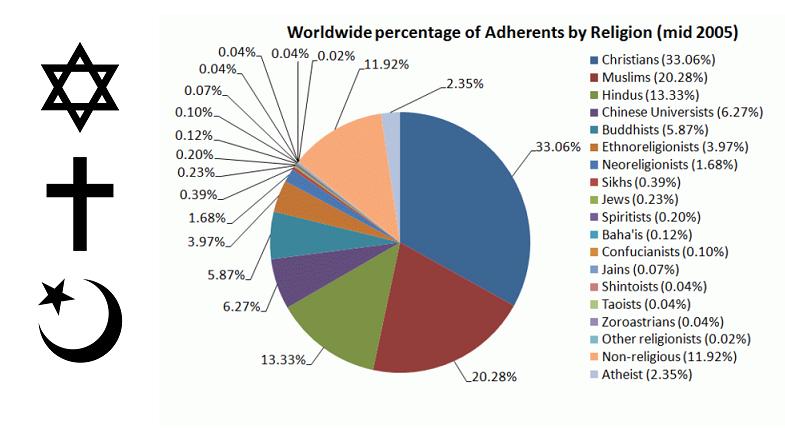
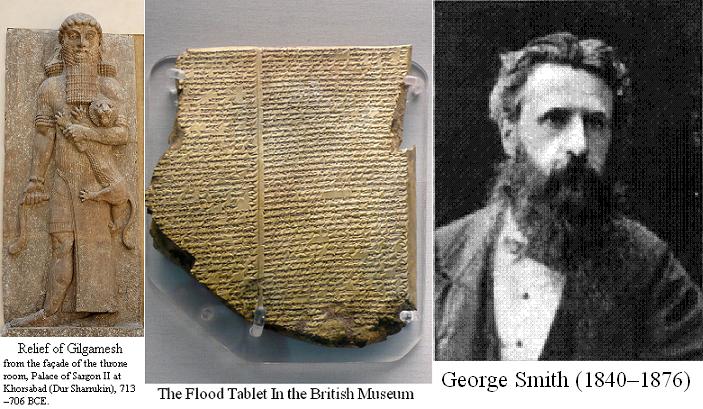
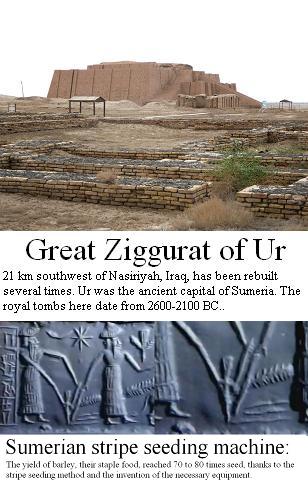

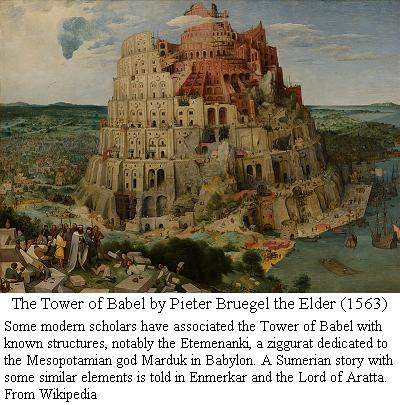
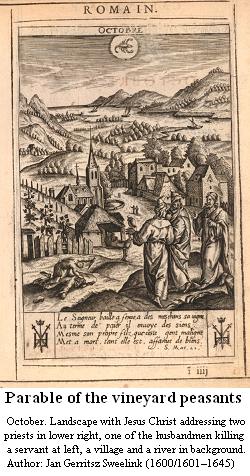

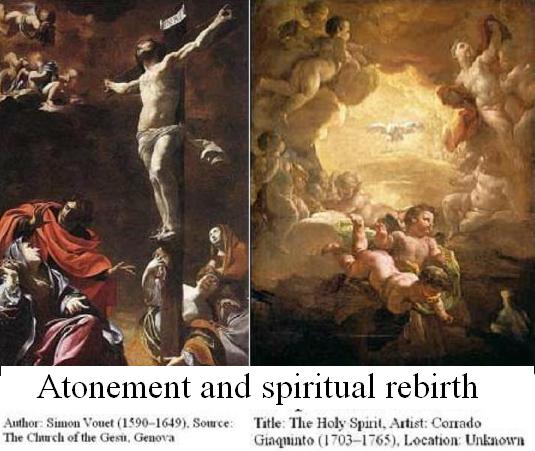
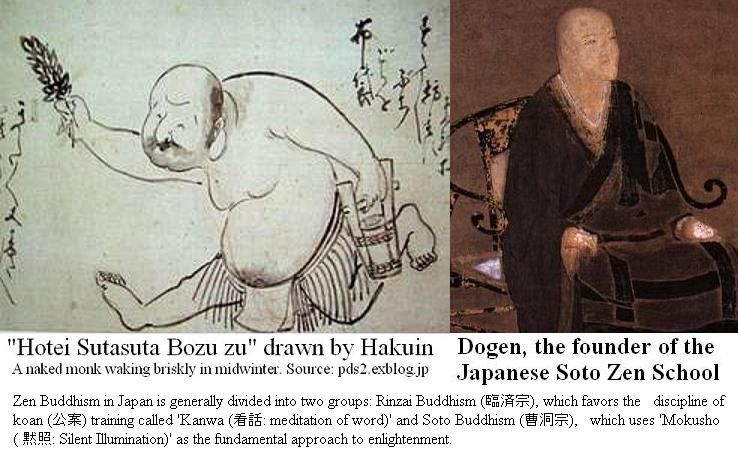
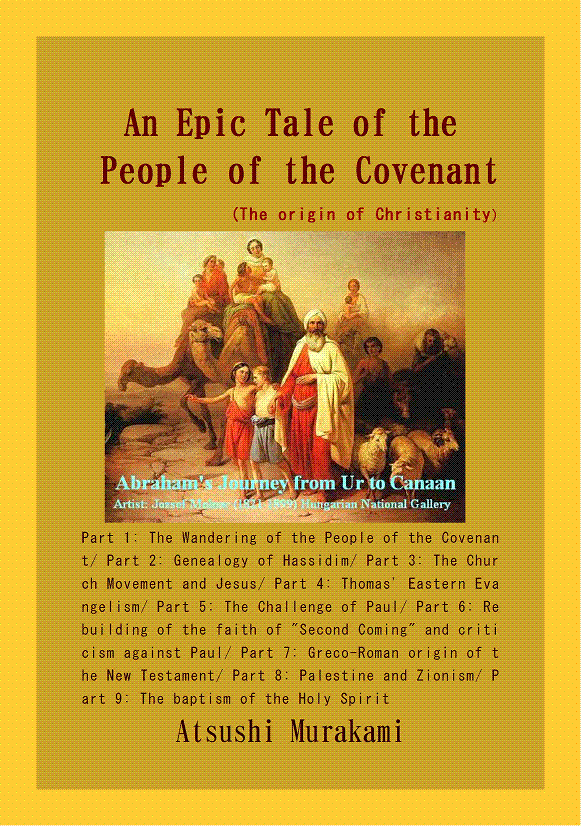

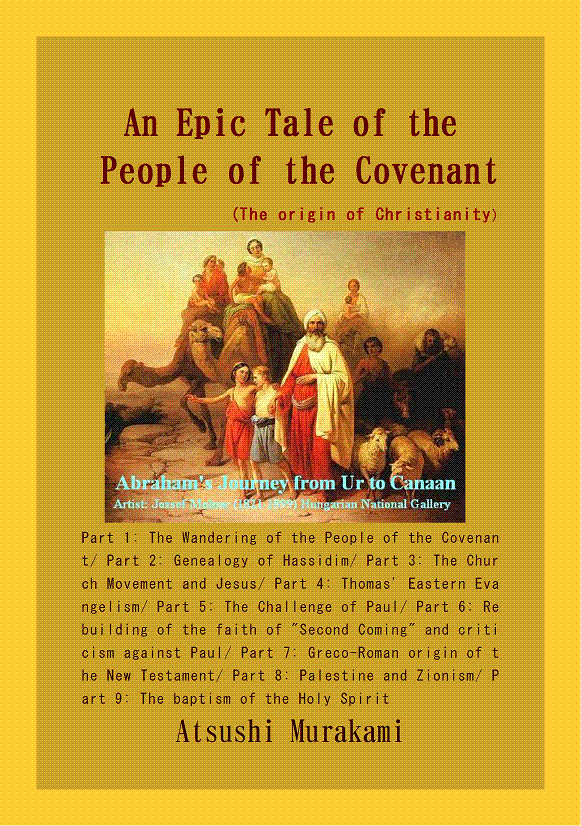
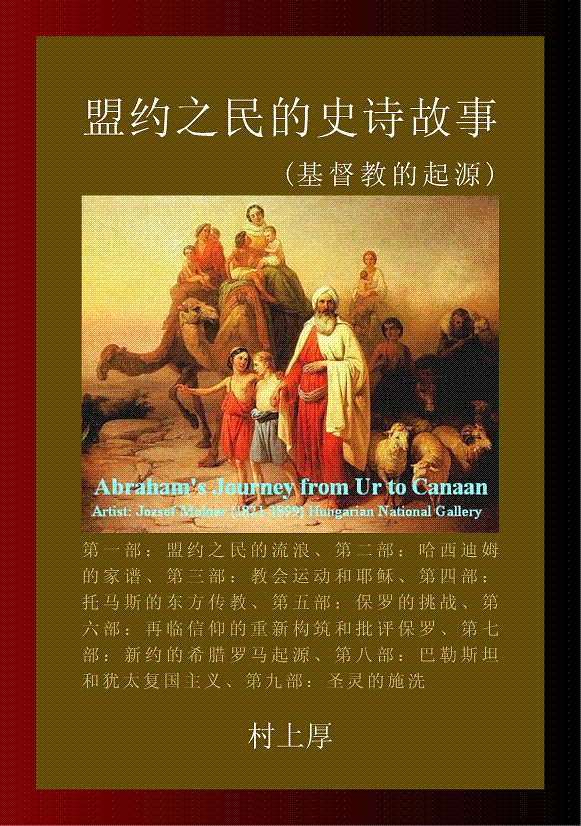
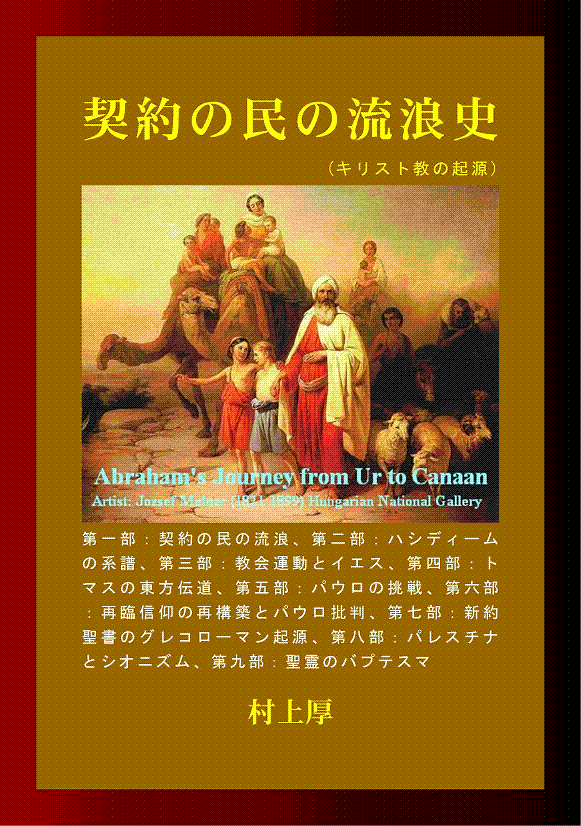









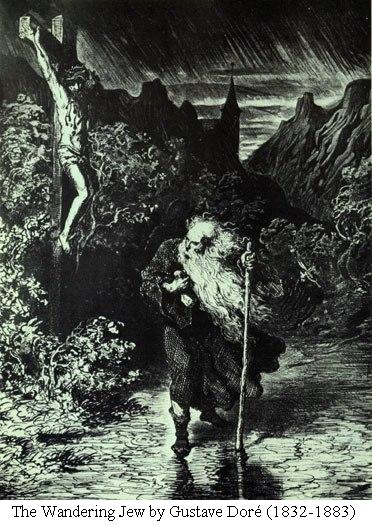
.jpg)
















































